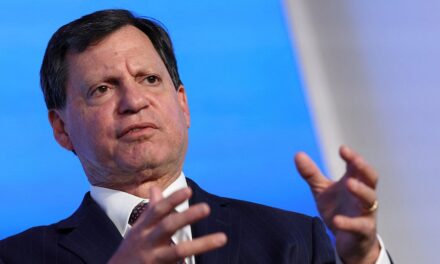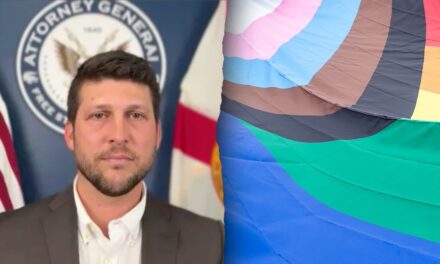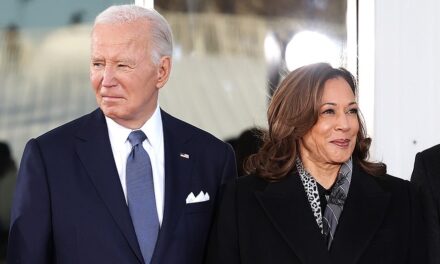In a move that has ignited heated debate across social media and local communities, a UK school has decided to cancel its traditional Easter celebration, citing a commitment to inclusivity. This decision has led to a substantial backlash from parents, alumni, and members of the public who feel that cultural and religious traditions are being overlooked in the pursuit of broader acceptance.
The primary objective conveyed by the school’s administration was to create an inclusive environment for all students, regardless of their backgrounds or beliefs. The school aimed to shift towards a more secular approach, eliminating specific religious events in favor of a more generalized spring celebration. Many parents have expressed their discontent over what they perceive as a growing trend to erase religious traditions from school curriculums and communal activities.
As news of the cancellation spread, social media erupted with comments from affected parents and concerned citizens. On various platforms, individuals voiced their frustrations, arguing that the cancellation denies students the opportunity to engage with and learn about diverse cultural practices, particularly those related to Christianity, which is still a significant faith in the United Kingdom.
One parent, who requested anonymity, expressed his dismay, stating, “This decision feels like an attack on our traditions. Easter is a significant time for many families, not just for its religious implications but also for the values of family and togetherness it embodies. Why should we move away from celebrating traditions that have been part of our community for generations?”
Critics of the cancellation highlight that while inclusivity is essential, it should not come at the expense of erasing well-established customs. Another local resident underscored that knowledge and appreciation of diverse cultures can coexist with the celebration of one’s own traditions. “Kids should learn about different cultures and religions; this is part of growing up in a multicultural society,” she stated.
In defense of its decision, the school’s administration released an official statement explaining its stance on inclusivity and secular education. They mentioned that it was crucial to provide every child with a sense of belonging and to ensure that no child feels excluded or uncomfortable in educational settings. This approach aimed to foster community spirit by emphasizing shared values rather than particular traditions.
Additionally, some educators argue that modifying school celebrations does not eliminate the cultural significance of these events but instead enhances awareness of diversity. They encourage discussions around multiculturalism and different beliefs, which they believe will promote understanding among students. “It’s important for children to learn about all traditions, but school events should reflect a more universal approach,” a teacher commented, advocating for a balanced view of celebration that includes various cultures.
As the discourse continues, some have called for the school to reconsider its decision. A petition was launched, quickly gaining traction, calling for the reinstatement of the Easter celebration alongside the addition of other cultural festivities, allowing for a comprehensive approach to inclusivity. Parents argue that this balanced representation could teach children to respect and appreciate the variety of cultural practices present in their communities.
The debate has reignited conversations around the broader implications of how educational institutions in the UK handle religious observances amidst an increasingly diverse population. Issues such as cultural sensitivity, religious freedom, and the importance of community traditions are at the forefront of discussions among parents and community leaders.
Many are looking to the government and educational policy makers to provide clearer guidelines on how schools should navigate these complex conversations. Some individuals have cited similar instances in the past where schools modified or eliminated traditional celebrations due to fears of exclusion or controversy, igniting a recurring national debate over the intersection of education, culture, and religion.
A school’s role in imparting knowledge about various religions and cultures has always been a point of contention. The growing awareness and understanding of cultural diversity have led some institutions to re-evaluate their practices and curricula, influenced in part by a desire to create a more equitable learning environment.
Beneath the tensions surrounding this particular school’s decision lies a larger narrative about the ongoing clash between tradition and modern ideals of inclusivity. As communities grapple with managing this balance, many fear that pivotal aspects of cultural heritage might be lost. Advocates for the preservation of traditional celebrations argue that while promoting inclusivity is crucial, it should not come at the cost of eradicating customs that have been part of society for centuries.
The school’s cancellation of Easter celebrations also raises questions about how best to teach students about the diverse array of beliefs that exist in society. Religious education is often a topic of debate in schools, and many believe that it should encompass not only the predominant religions but also the myriad beliefs that reflect society’s complexity. As communities grow more diverse, it becomes increasingly important for schools to find creative ways to acknowledge and celebrate different festivities while fostering an inclusive environment.
In response to the controversy, several schools in the region are taking initiatives to address the issues at hand. Some institutions are seeking input from parents and educators alike to develop comprehensive policies that respect traditional celebrations while also promoting inclusivity. This dialogue-style approach aims to enhance mutual understanding between school administrations and families in their efforts to cultivate a community where all students feel recognized and valued.
As discussions unfold, it remains to be seen if other schools will follow suit or take a different stance in light of potential backlash. Some community members are pushing for greater collaboration between schools and communities, aiming to foster environments where diversity is celebrated as an asset rather than a challenge.
Ultimately, the school at the center of this controversy finds itself in a position that reflects broader societal questions regarding cultural identity, values, and community cohesion. While inclusivity serves as a vital pillar in the dialogue, it is equally essential to ensure that the rich tapestry of traditions continues to be woven into the fabric of educational experiences. As the backlash continues, there is hope that this conversation will lead to a more robust understanding of how to honor both tradition and progressive values in the ever-evolving landscape of UK education.
































